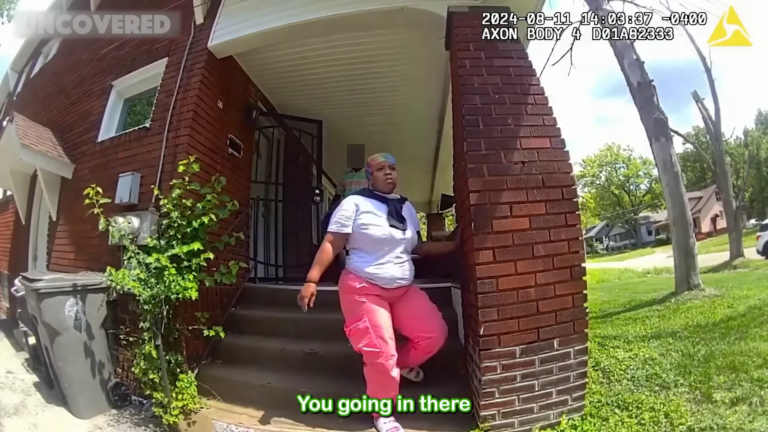The recent case of Brian Rodriguez, a notorious squatter in Queens, highlights the complexities and challenges surrounding squatting laws in New York. His story is not just about one man’s actions but also reveals the broader implications of squatter protection laws and their effects on property owners. In this blog, we’ll delve into the details of Rodriguez’s case, the legal protections for squatters, and the ongoing debate about housing rights in America.

Photo by Hanyang Zhang on Unsplash
The Beginning of a Controversy
The saga began when Adele Andaloro discovered that someone had changed the locks on her home, which she inherited from her parents. Unable to access her property, she attempted to remove the squatters and change the locks herself. However, in a surprising turn of events, it was Andaloro who faced arrest for her actions, not the squatter. This incident underscores the legal complexities surrounding squatting in New York.

Photo by Compare Fibre on Unsplash
Legal Framework of Squatting in New York
New York has specific laws designed to protect individuals who claim to be tenants, even if they are actually squatters. According to these laws, if someone occupies a property for 30 days, they can be considered a tenant, thus granting them certain rights. This situation creates a significant loophole that individuals like Rodriguez exploit.
- Homeowners must go through a lengthy eviction process that can take up to 20 months.
- During this time, they are responsible for all utility payments and property maintenance.
- Failure to maintain utilities can lead to fines for the homeowner, complicating their situation even further.
The Case of Brian Rodriguez
Rodriguez claimed to be the legal tenant of Andaloro’s home, asserting that he had signed a lease for $3,200 a month. He even sublet multiple rooms in the property, profiting from a home he did not own. Eyewitness News reported that when questioned about his lease documentation, he provided none, instead offering bills for work he claimed to have done on the property.

Photo by Patrick Perkins on Unsplash
The Extortion Angle
Rodriguez’s actions can be seen as a form of extortion. He allegedly told Andaloro that he would leave if she compensated him for the money he claimed to have invested in the house. This statement reveals a troubling trend where squatters leverage their illegal occupancy to extract money from property owners.
Legal Consequences and Arrest
After the case gained significant media attention, local prosecutors took action against Rodriguez. He was arrested on multiple charges, including second-degree burglary and grand larceny. His actions not only disrupted Andaloro’s life but also exemplified the broader issues of squatting and property rights.
Public Reactions and Legal Reforms
The public’s reaction to Rodriguez’s case has sparked discussions about the necessity of reforming squatter protection laws in New York. Many argue that the current laws are outdated and allow individuals to exploit homeowners, turning the plight of squatters into a criminal enterprise.
- State lawmakers are considering changes to property laws to clarify that a tenant does not include a squatter.
- The proposed changes aim to empower police to intervene more effectively in squatting situations.
- There is a call for stricter regulations around lease agreements, including notarization, to prevent fraudulent claims.
Conclusion: The Need for Balanced Solutions
The case of Brian Rodriguez is a stark reminder of the complexities surrounding housing and squatting laws in the U.S. While tenant protections are essential, they should not come at the expense of property owners’ rights. The ongoing debate emphasizes the need for balanced solutions that address the root causes of housing insecurity while protecting the rights of homeowners.
In conclusion, as we navigate the challenges of housing rights and squatting, it is crucial to consider both sides of the issue. Reforming laws to protect homeowners while ensuring fair treatment for those in need of housing is a delicate balance that society must strive to achieve.
For further information and resources on dealing with squatting issues, consider visiting Squatter Lockout, your solution to the pain.







